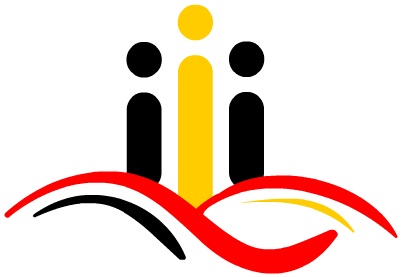The past is not forgotten
by John Clarke
May is History Month, and the Barossa German Language Association, together with the
German Heritage Group and Friends of the Lutheran Archives, presented the annual
seminar day at the Langmeil Centre, this year entitled Finders, Keepers, Storytellers:
Exploring SA German Histories.
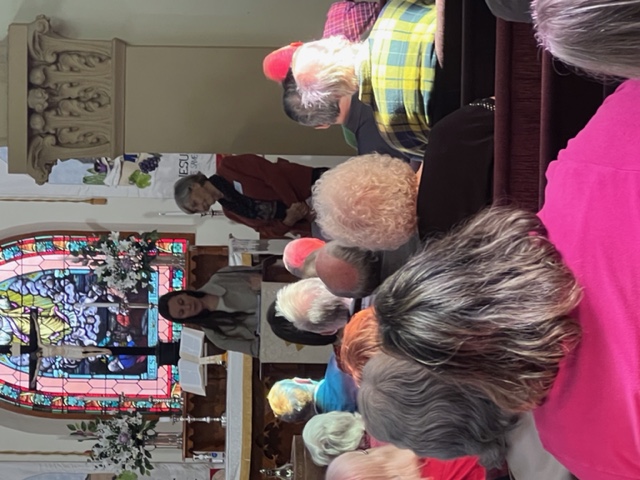
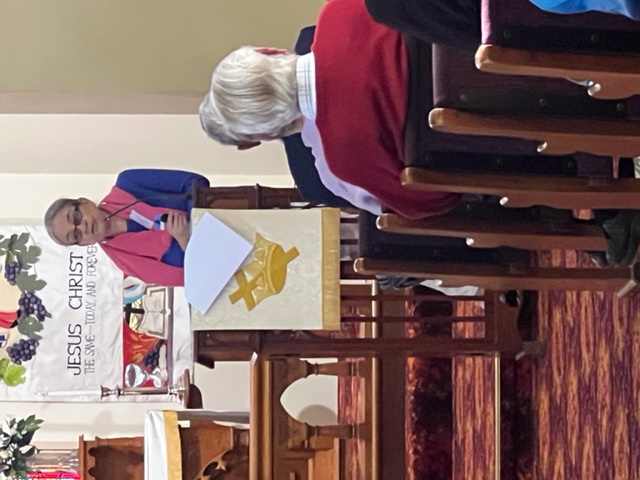
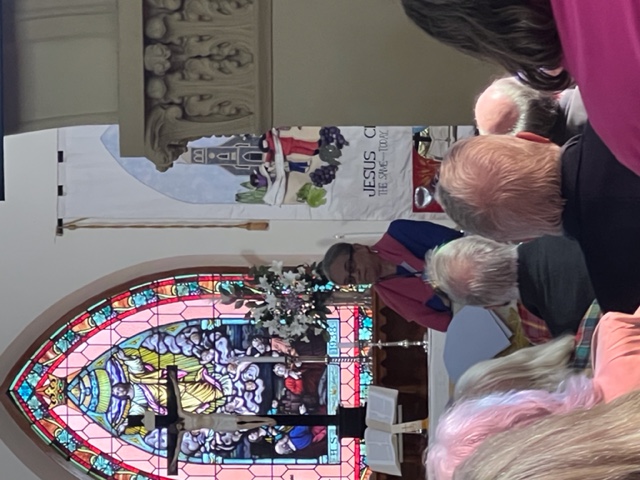
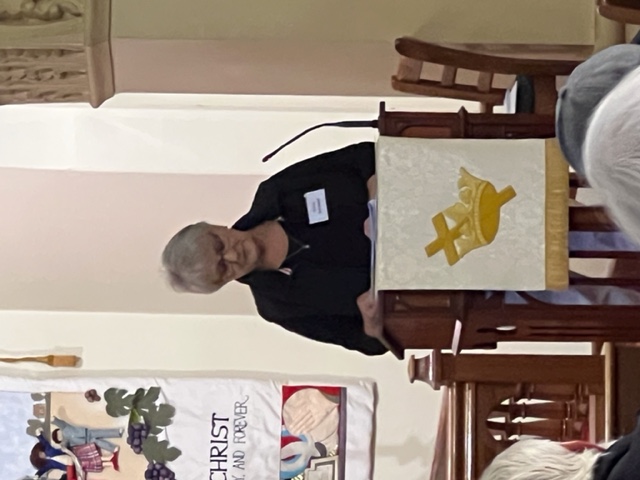
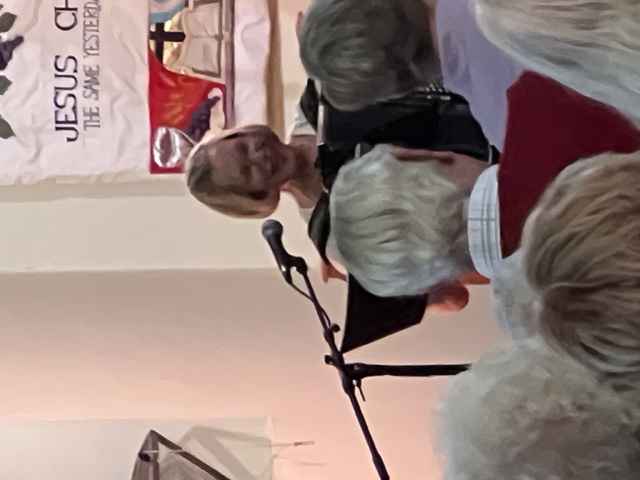
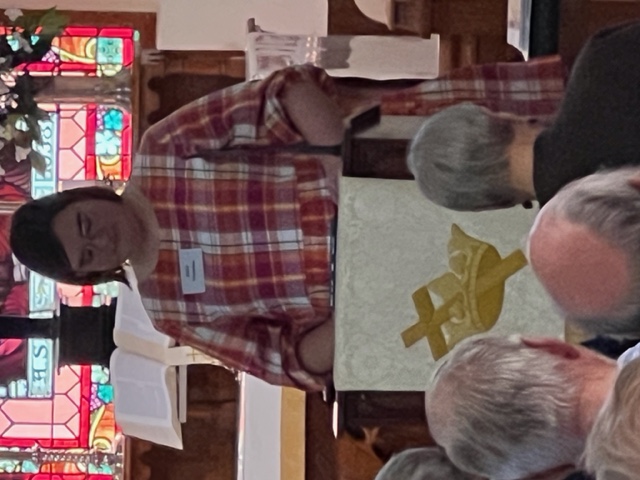
The past is in our memories. It’s in the landscape. It’s in the music. It’s in the words we speak, the words spoken by our parents before us, by our grandparents .. by our ancestors.
The past is never far away, but it is in May – History Month – when it is brought to the forefront of our consciousness. The annual seminar day at the Langmeil Centre, Tanunda, coordinated by the Barossa German Language Association, the German Heritage Research Group and Lutheran Archives, presented a series of short talks on topics as diverse as documenting the Buchsfelde Cemetery outside of Gawler to family histories of the Noltenius, Eickhoff, Gatzemeyer and Sulzmann families to a history of the Barossa Cookbook.
1848 was the year of revolutions in Europe, but unlike the earlier French Revolution and the later Russian Revolution, the 1848 revolutions ended in failure and increased suppression of the people’s freedom. Disillusioned German intellectuals arrived in South Australia in 1849 aboard the Princess Louise, and many, including Richard Schomburgk (director of the Adelaide Botanical Gardens) and Carl Linger (composer of the music of the Song of Australia), settled in Gawler.
Mathias Sulzmann had arrived in Gawler a few years earlier. There he operated a watch and clock making business. Drawn to Tanunda perhaps by business opportunities or simply to converse in his native language, he met the blacksmith’s sister Amalia Bertha Schubert. Because Mathias was a Baptist, the couple were refused marriage in a Lutheran church. Mathias and Amalia Bertha married on 1 October, 1850 in St George’s Church of Engand, Gawler.
A particular feature of the seminar day was the assistance offered to family historians. There were speakers representing Lutheran Archives, The National Archives of Australia, State Records of South Australia and The State Library of South Australia. Information was given on navigating the various websites and how best to acquire relevant historical details.
Whenever Germans have gathered, there has always been food and song. The Barossa Cookery Book first appeared in 1917. An initiative of the ladies of the Church of England, it contained largely English recipes; prejudice against all things German was quite fierce during the years of Word WarI. But as it went through edition after edition, the number of German recipes rapidly increased. For historians of the cook book a major problem has been identifying the contributors. The identity of husbands obscured the identity of the women. Who was Mrs H Schmidt? H was her husband’s initial. She might be Elke or Mathilde or Christiane.
As well as recipes the German immigrants brought their songs, especially the comic songs, some of which are staple fare at Melodienacht and other German gatherings. Some were adapted to the Australian environment. No event can be serious all the time. Those attending the History Month Seminar were invited to join in a singalong.
